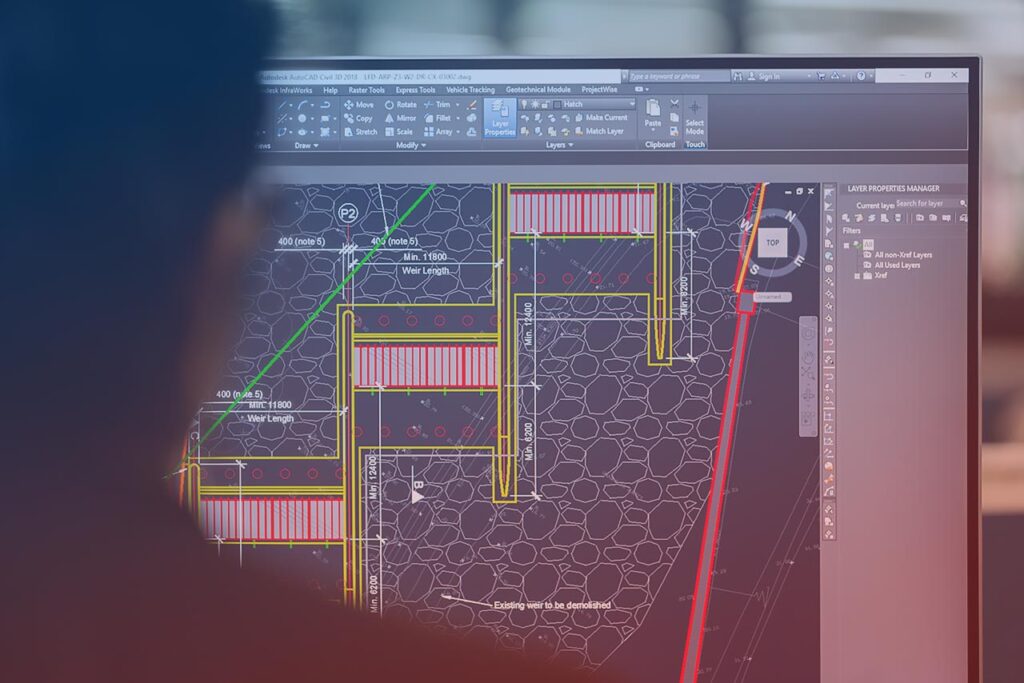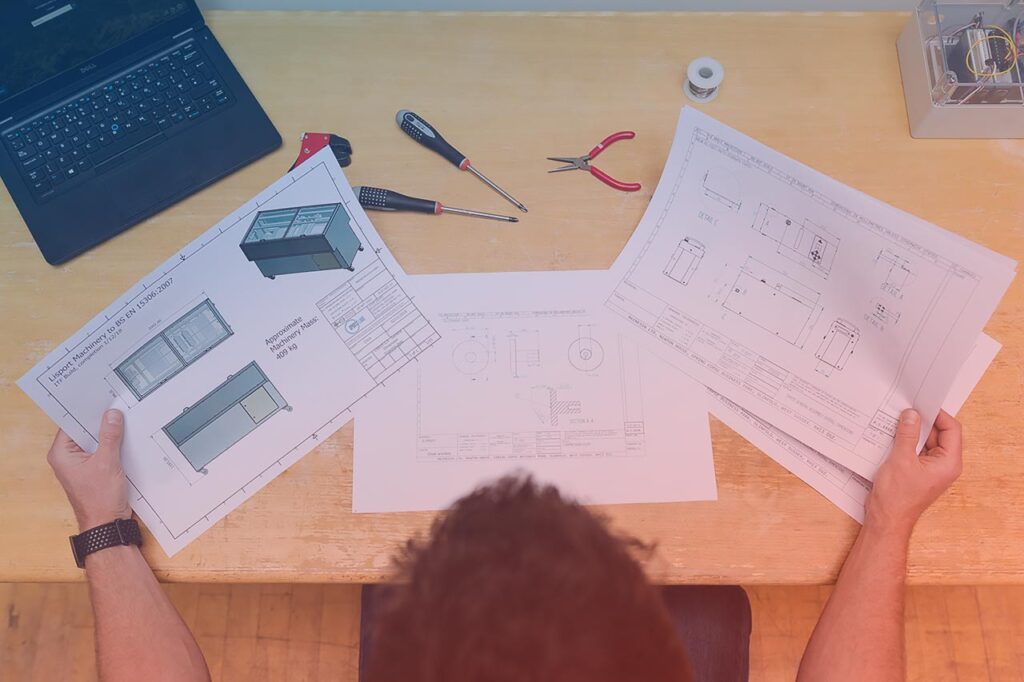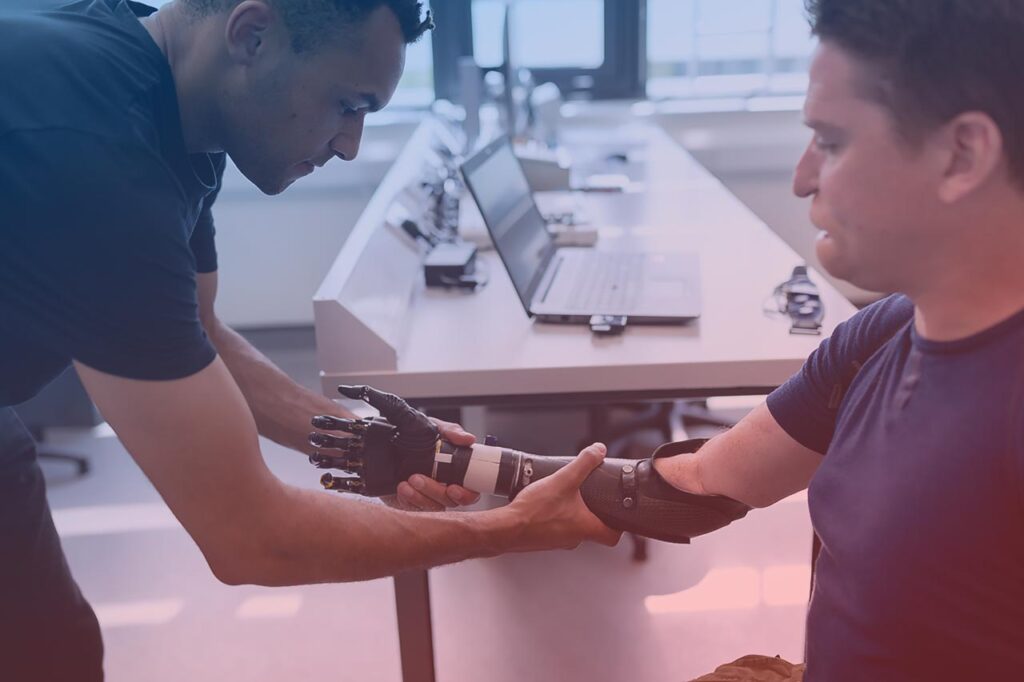Being an engineer is not just one profession but covers those working in many different engineering fields.
Over the coming weeks we are going to look at a range of types of engineering, engineering degrees and Engineering Career paths.
Most engineering programs share a number of core general skills but they quickly branch out into different specialisms.
Many aspiring engineers will only require vocational qualification or bachelor’s degree but many career paths will require master’s degree or higher qualifications. Some degrees will last three years (BEng, BSE or BSc(Eng)) but many will include a master’s year (MEng), or sandwich year (placement in industry) making some course last four-to-five years.
To start exploring these different types of engineering we will be talking about the role that Mechanical Engineers take on and the careers paths to become one.
What exactly do Mechanical Engineers do?

With so many types of Engineering, the first question people ask is ‘what does a mechanical engineer do’? Mechanical engineering (M.E) involves applying mechanical principles and engineering concepts to machines and systems.
Mechanical engineers design, build and develop everything moving: from the components of machinery to electric generators and refrigeration systems.
M.E is an extremely broad engineering discipline, some civil engineers will have a background in M.E, some might work in power plants. It’s common to see students learning different aspects of M.E (for example materials science) discover a passion for raw materials, computer systems, or electrical devices and go onto work in other fields as a chemical engineer, or in nuclear engineering, marine engineering or even biological engineering.
You will find M.E. students going onto to work not only as system engineers or on huge engineering projects but managing water and sewer systems, in power plants or as industrial engineers.
This is because M.E teaches you the engineering principles. They produce everything that we require to keep the modern world working. Aerospace engineers, Astronautical engineering, Mining engineers and even Nuclear Engineers often started studying M.E.
Mechanical engineering sub-disciplines
As you’re thinking about a career as a mechanical engineer, a diverse engineering field that offers a lot of types of engineering as careers options, it’s worth considering what type of Mechanical Engineer you might want to become and the path to get there.
Mechanical engineers will use the everything from mathematics, material science, engineering physics to economics to knowing how the basics of handling electrical equipment or chemical processes in their day to day job as they design, manufacture and maintain mechanical systems. However, that doesn’t mean you have to be great at all those things, or even enjoy them.
If you love maths but don’t like material science there will be a role in M.E that sees you put your maths skills every day while never having to think about material properties. The good thing about it being such a diverse field is that you can map out a career path that works for you, and your particular strengths as an Engineer.
What routes are there into Mechanical Engineering?
The day-to-day work of a mechanical engineer could see you dealing with a wide range of mechanical processes and products.

Degree in mechanical engineering jobs
A M.E job might be developing small component designs, or it could be the maintenance of extremely large plants, machinery or vehicles.
The important thing to realise is that within the engineering field of M.E there are specific career paths like aeronautical or automotive engineering and biomedical engineering. These require very specialist knowledge and experience and so your path to those fields might require a specialist course, placement or knowledge.
Cross Transferable Skills in Engineering
Having an idea of what type of Mechanical Engineer you want to be is important when it comes to mapping out your career path but always keep in mind that this path isn’t set in stone and there are hundreds of different types of engineering you might go on to work in.
If you think you might want to be an aeronautical engineer now, you might find in the future you fall in love with civil engineer design processes or are passionate about environmental engineering … but that is okay.
What about Civil Engineering and Electrical Engineering?
A lot of Engineering is built on skills that are transferable. The fundamentals of Mechanical Engineering can easily transfer to Civil Engineering and Electrical Engineering.
This makes it easier to retrain and work in a number of different types of engineering fields throughout your working life if you want to than other professions. If you start a degree in Mechanical Engineering courses will often allow students to switch to a different specailisation.
WHAT ABOUT Civil Engineers?
Remember, there will be people working as a professional engineer today in fields that didn’t exist when they were at University or working on an apprenticeship. Fields like industrial engineering are so specific to the products a company sell there won’t be a specific pathway into it.

People have worked as civil engineers, within Electrical Engineering, as an industrial engineer, or in structural engineering for hundreds of years but fields like software engineering, communications
systems engineering, geological engineers and even some types of modern manufacturing processes are all comparatively new. Who knows what new fields will be around in 15, 20, 50 years time!
What type of skills does a Mechanical Engineer need?
If you are looking at M.E as a career the only real requirement for is an interest machines or mechanical systems and how they work.
What skills will I need to become an Engineer?
While it is critical that you are sure you want to work in this field, it is also important to keep in mind that courses can be competitive so you will need also stand out to get a place at a top institution.
When applying to a course in M.E will need not only the right set of qualifications but also demonstrate softer skills like creativity, technical expertise, practical problem solving skills, good maths and numeracy skills, strong IT skills (skills in computer aided design are also useful) as well oral and written communication skills and organisational skills.
Is the academic route for Mechanical Engineering right for me?
An Engineering Degree is not right for everyone and many people love the hands of experience of a vocational qualification. Before thinking about which pathway you want to take into engineering it’s important understand of what type of engineering you want to specialise in and if you need a bachelor’s degree or masters to do it?
Post mechanical engineering career options
While your career path might not be set in stone the initial type of bachelor’s degree or higher-level qualification will influence what you can go on to study or what company or organisation you find yourself working for.
Explore our guide to the top Mechanical Engineering Degrees in the UK
What Grades do I need to be an Engineer?
If you’re an A-level, IB or Scottish Higher’s student, then you’ll need good grades in maths or physics to work in M.E just like other engineering programs like civil engineering, chemical engineering, electrical engineering or, computer science or computer engineering.

Grade requirements will often be set high so you will need good grades in maths and physics but it is just as important to show good grades in the other subjects you have studied.
Subjects that can help with an application for mechanical engineering
Other subjects that help with an application for M.E include:
Further maths
Design Technology
Computing
Product design
The sciences
- Like chemistry and biology might also be useful, especially if you’re interested in something like biomedical engineering discipline.
- Studying these also lets you understand more about the work involved in chemical engineering or career Engineering Degree pathways for environmental engineers, Biomedical Engineers or Petroleum engineers.
Universities will be also be looking for practicality, attention to detail, proficiency with technology, computing, and numeracy in your skills and other extracurricular activities.
What is the best degree for Mechanical engineering?
As Mechanical engineers will end up working across a broad range of subjects – they are involved in lots of different types of engineering – a degree in M.E covers a whole range of subjects – you are never going to be bored.
Academic students typically have 17-24 hours of teaching hours each week.
What Modules will I study on an Engineering Degree?
Courses across the country teach a variety of different modules for M.E degree that cover lots of types of engineering.
Before you start to apply for a bachelor’s degree (normally a Engineer would have a Bachelor of Engineering (BE or BEng) or a Bachelor of Science in Engineering (BSE or BSc(Eng)) degree), it is a good idea to look at the types of engineering modules on offer to see if you are interested in them. Typically a course might include:
Structural materials
Structural materials” explore how materials are used. Modules typically explore mechanical properties – rather than electronics engineering, magnetic, chemical or optical characteristics – can be be utilised in design.
For example – how does a material response to an applied force? Is its response elastic or plastic, does its hardness change, or will its strength be effected?
Engineering concepts
Engineering Concepts are often used to introduce student to how they can design technical solutions to engineering problems using a whole systems approach to engineering design.
This often includes pillars of Engineering such as testability, maintainablity, integrity, external integration and even ethics and management.
Solid mechanics
Solid mechanics, (sometimes known as mechanics of solids) is part of continuum mechanics that looks at the way solid materials behave.

It is focused on their motion and deformation under the action of forces, temperature changes, phase changes, and other external or internal agents
Thermodynamics
Thermodynamics explores the relations between heat, work, temperature, and energy.
The laws of thermodynamics are used to explain how the energy in a system changes.
Thermofluids
Thermofluids is a branch of science and engineering the covers four fields
Heat transfer
Thermodynamics
Fluid mechanics
Combustion
As the name suggests its explores “thermo” (heat) and “fluids” (liquids, gases and vapours).
Biomedical and bioengineering
Bioengineering sees engineering meet medicine and looks at the application of engineering on biological processes, food, agriculture and environmental processes.

Today it typically looks at how we apply engineering to biological and medical sciences to improve peoples health.
Electromechanicals
When talking about ‘Electromechanicals’ we are not only thinking about circuit boards and Electrical engineers. Instead, electromechanics often combines processes and procedures that mix electrical engineering and M.E.
Systems modelling
Systems modelling is an interdisciplinary study that is of benefit to Engineers. Systems Engineers are able to look at the how we can use of models to conceptualise and construct systems in everything from business and IT development too complex Engineering solutions.

What if I start the course but change my mind?
Even if you complete your course and decide you are not interested in being an M.E there are lots of types of engineering careers you might want to explore (like civil engineering, aerospace engineering, or engineering management) and even if you don’t want to go on to work as an Engineer you will have a broad range of transferable skills that will set you up to work in a whole range of other sectors. You will often find mechanical engineers in similar professions.
The apprenticeship route into Mechanical Engineering
Lots of companies in the UK are offering apprenticeships in M.E.

If you want to work in the more specialised fields of M.E we’ve covered, such as the aeronautic or automotive sectors, then there are a number of apprenticeships on offer from businesses and companies in this sector.
For example, companies like Jaguar Landrover, Toyota Manufacturing and BMW Group UK and Vauxhall Motors all offer automotive engineering apprenticeships at various levels that are perfect for M.E’s, electrical engineers and software engineering.
Airline companies such as Easyjet and Monarch are just a few examples of some of where you could find an apprenticeship in aeronautical or avionic engineering.
Is the vocational route into engineering right for me?
There are a number of vocational qualifications that will allow you into the various fields of M.E. A few examples include:
BTEC National Diploma in Mechanical Engineering
This vocational qualification offers students an introduction to the basic principles of M.E, including mechanical principles, mathematics for engineering technicians and health and safety in the workplace; optional modules include teaching students about some of the business and commercial aspects of mechanical engineering.
The BTec is great for people who want experience with a practical and creative qualification.
BTec courses will try to provide students with not only the relevant skills and knowledge that employers are looking for but also the real-world confidence.
What to expect from a BTEC course
There are a number of BTEC courses on offer, and the as the qualification is fairly new you should expect to see more on offer in the next few years.
Colleges will often ask students to complete a BTEC Level 3 National Foundation Diploma in Engineering (1.5 A Level equivalent) and then give them the option to progress to a second year of study where you will work to achieve the BTEC Level 3 National Extended Diploma in Engineering.
The BTEC isn’t specific to M.E, instead it has been created to provide knowledge, skills, and practical experience in engineering so you have wide-knowledge of both the mechanical and electrical disciplines. That means students could go on to work not only in M.E but as Electrical engineers, a computer engineer, or in Aerospace engineering.
Courses are normally assessed by a combination of exams and written assignments but also offer practical experience of machining, hand fitting and welding in the engineering workshop.
Courses will sometimes encourage students with a good grounding in GCSE Mathematics to also study A Level Mathematics along-side this course.
NVQ competency-based qualifications
There are a number of NVQ qualifications that might be relevant to you if you want to get into the field of M.E.
For example Students could take a number of different specialised courses in Mechanical Manufacturing Engineering. NVQs in Automotive Engineering and Automotive Management & Leadership are also available.
City & Guilds qualifications
City and Guilds also offer a number of work-based, vocational qualifications for Engineering. There are currently 35 Engineering qualifications covering 5 industries, leading to over 28 different core roles (including M.E).

These include Mechanical Manufacturing Engineering, Aeronautical Engineering & Maintenance and Motor Vehicle Engineering.
These City and Guilds have been setup in response the global need for engineers and are often developed with input from industry.
Unlike other courses students can take a course not only to begin their engineering career but progress to more senior positions.
For example, Level 1 to 2 City and Guild qualifications would be suitable for a Trainee technician.
Level 3 might be working as a Maintenance technician, Machine operative, Welder or fabricator, Electrician Electronic, Electronics assembler or Network technician.
Level 4 to 7 courses are aimed at existing Engineers looking to transition into management roles, or process to a become a chartered engineer.
Students are assessed on these course through practical assignments, online testing and City & Guilds’ question papers. Question papers are set twice a year at fixed times and offer multiple choice and short answer papers for assessing the course theory.
